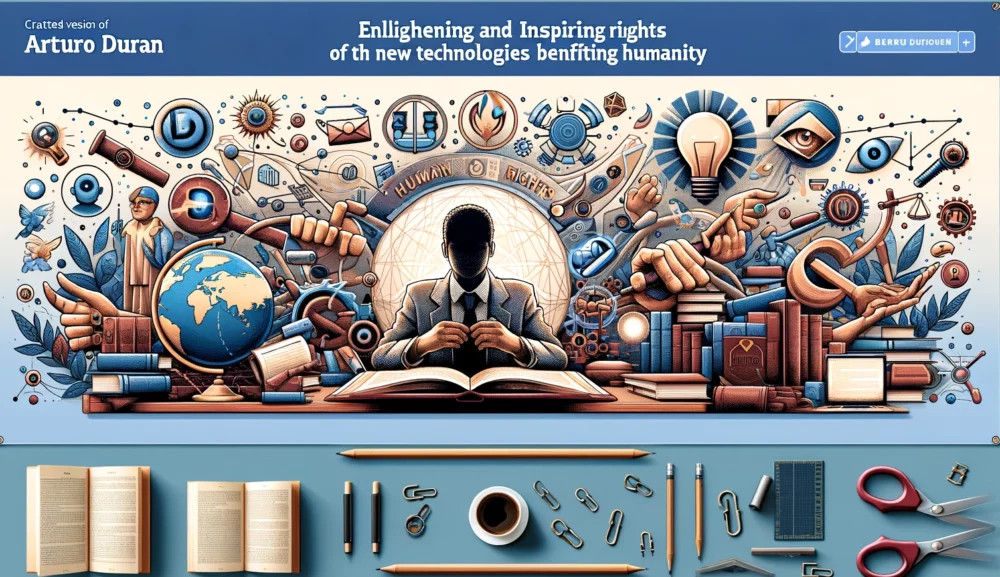The concept of the Thucydides Trap, as expounded by Harvard scholar Graham Allison, warns of the dangers posed by a rising power threatening to challenge an established ruling power. Throughout history, this scenario has occurred numerous times, often leading to catastrophic consequences. Presently, the world faces a similar situation, with China’s rise challenging the dominant position of the United States. This essay aims to explore the idea of the Thucydides Trap in the context of China and the United States, while delving into potential outcomes and implications for both countries and the global community.
The Rivalry between China and the United States
In recent decades, China has experienced rapid economic growth and development, transforming itself into a formidable global power. Simultaneously, the United States, though still a dominant force, faces challenges to its longstanding supremacy. This shift in power dynamics has led to heightened tensions between the two nations, with both seeking to assert their interests and influence on the world stage.
The Trap Scenario: Escalation to Conflict
If history is any indication, a rising power’s ambitions and a ruling power’s fear of losing their position can lead to a dangerous confrontation. The Thucydides Trap asserts that when the established power perceives its dominance at risk, conflict becomes a plausible outcome. Escalation to military conflict is the most catastrophic result of the trap and has the potential to plunge the world into turmoil.
Potential Outcome 1: War and Catastrophe
In the worst-case scenario, the tensions between China and the United States escalate into a full-scale war. Such a conflict would undoubtedly have catastrophic consequences for both nations and the entire globe. The economies of both countries would be severely impacted, leading to widespread financial instability and recession. Moreover, modern warfare capabilities could lead to significant loss of life and destruction on an unprecedented scale, affecting not only the two countries involved but also numerous other nations.
Potential Outcome 2: Cold War-like Standoff
Another possible outcome is a protracted cold war-like standoff between China and the United States. In this scenario, both nations would engage in a battle of influence, seeking to draw other countries into their spheres of alliances. This prolonged rivalry would fuel regional conflicts, as smaller nations might be forced to choose sides, leading to geopolitical instability and heightened military spending.
Potential Outcome 3: Constructive Rivalry and Cooperation
Despite the ominous warnings of the Thucydides Trap, it is essential to recognize that history doesn’t always repeat itself. China and the United States have an opportunity to learn from past mistakes and engage in constructive rivalry rather than destructive confrontation. Through diplomacy and dialogue, both nations can address their concerns and work towards mutually beneficial outcomes. Finding common ground on global challenges, such as climate change and nuclear proliferation, could foster cooperation and prevent an outright collision.
Conclusion
The Thucydides Trap poses a grave warning about the potential consequences of a rising power challenging an established one. While the rivalry between China and the United States presents real risks, history does not have to dictate the future. Both countries must recognize the dangers of escalating tensions and pursue constructive engagement and dialogue to mitigate conflict.
The world stands at a critical juncture, where cooperation and understanding between China and the United States are vital to maintaining global stability and prosperity. It is essential for both nations to transcend the Thucydides Trap and forge a path towards a peaceful and cooperative coexistence, working together to address common challenges and ensure a brighter future for all. Only through such efforts can we avoid the cataclysmic outcomes that history has so often witnessed in similar power struggles.
